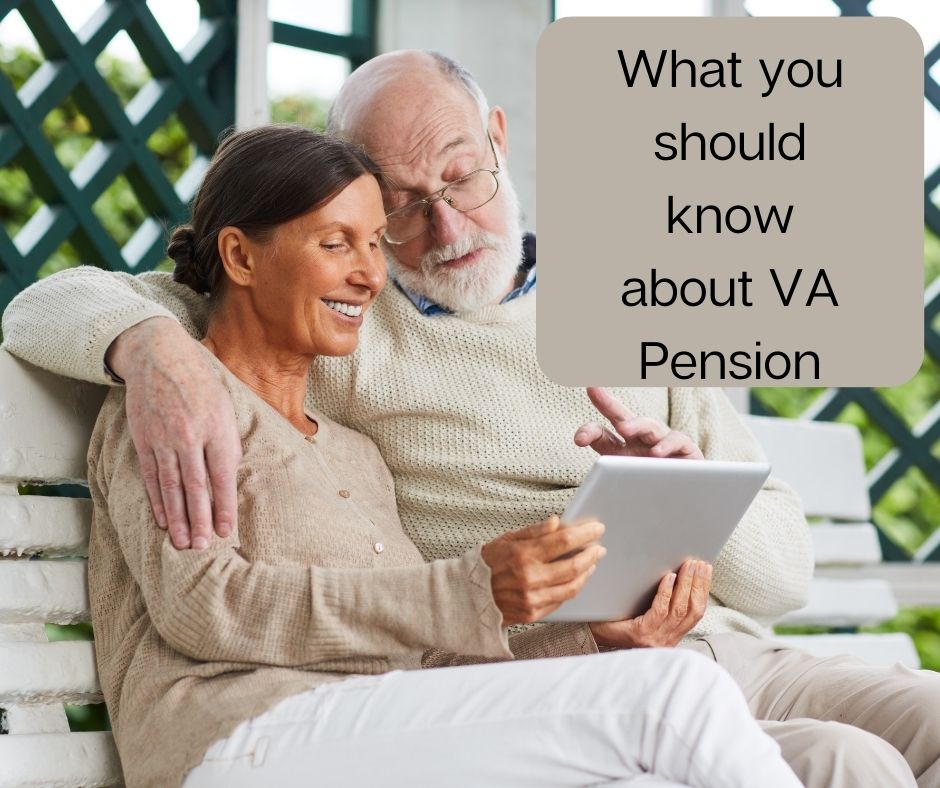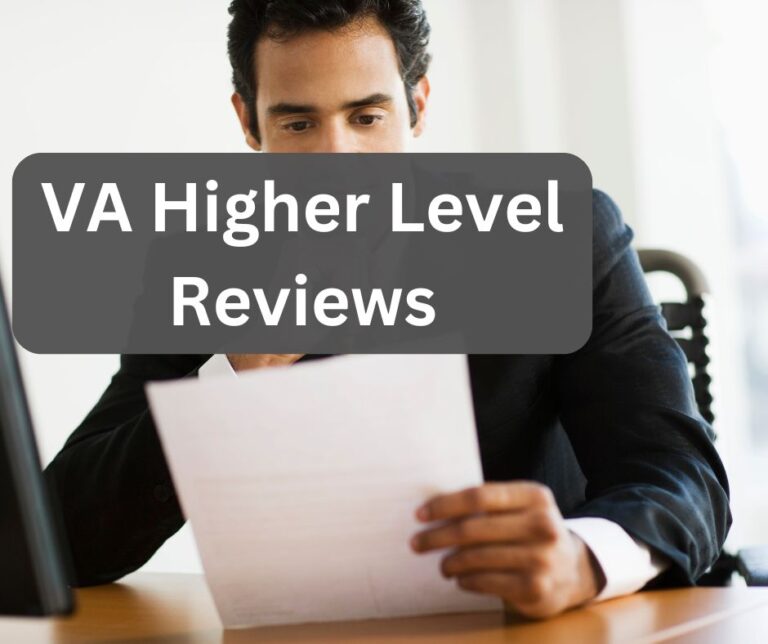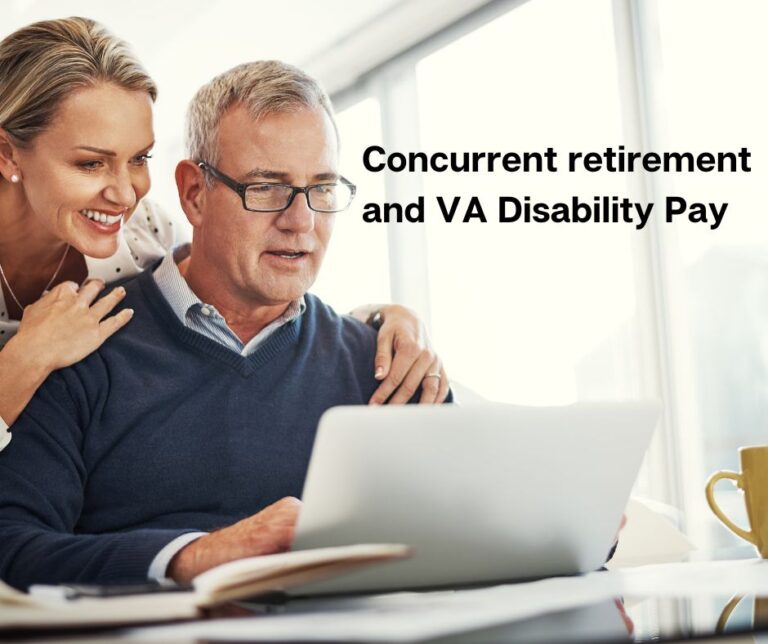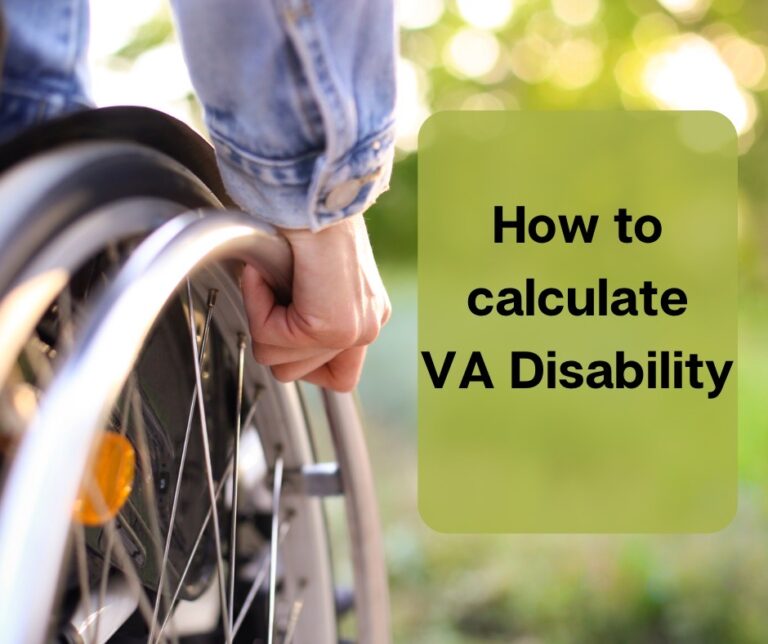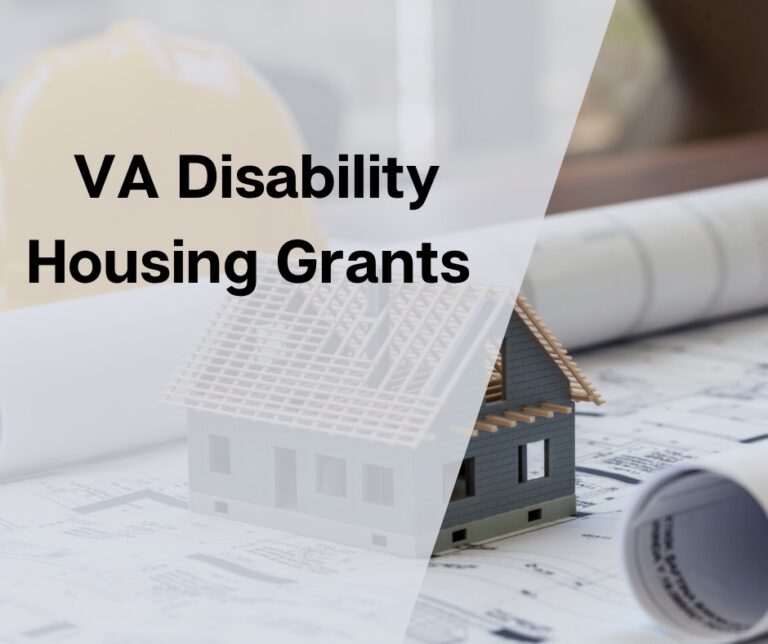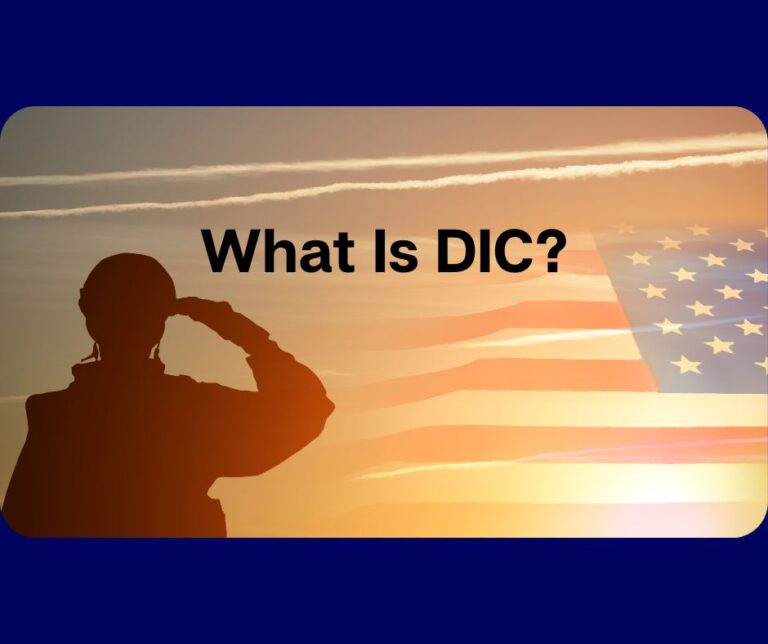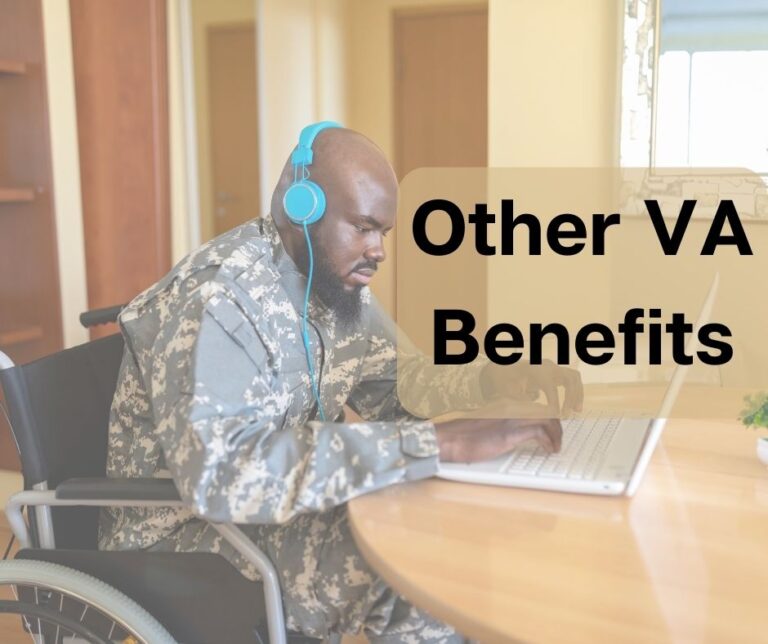What You Should Know About VA Pension
The two main compensations that the VA provides are VA disability and VA pension. We have seen Veterans and Surviving Spouses ask questions about the difference. They want to know if they are eligible for a pension. They want to know, since their Veteran spouse was drawing disability, if the payments continue after the Veteran dies. There are a lot of questions, and we hope we can provide some of the answers.
Let me explain the difference between a pension and compensation. Both are based on disability, but a pension is a needs-based program, whereas compensation is based on service-connected disabilities. The VA Pension Program is not complicated, but it is driven by numbers, so you must pay close attention to the details.
DISABILITY
Let’s just take a quick look at what is necessary for disability compensation. In order to get compensation from the VA for any type of disability, there must be three things:
- A current issue, condition, disability, OR a chronic condition.
- A disease, injury, or event in service which caused or worsened the current condition.
- A link, or nexus, between the two.
Next week will be a full post just on the requirements for a successful disability claim. For now, let’s turn our attention to the VA Pension.
VA PENSION
As stated above, the pension is a needs-based program. This means that a Veteran or Surviving Spouse’s yearly income must meet certain federal requirements before they may be considered eligible for the program. The Veteran must have been discharged under other than dishonorable conditions. And, there are three major requirements to be eligible.
- The Veteran must have wartime service.
- The Veteran or Surviving Spouse must have low income.
- One of these must be true. You:
- Are at least 65, OR
- Have a permanent and total disability, OR
- Are a patient in a nursing home or long-term care due to a disability, OR
- Are getting Social Security Disability Insurance or Supplemental Security Insurance
We will go a little more in depth with each of these conditions.
Wartime Service
In order to be eligible for a pension, a Veteran must have been in the service with at least one day during VA recognized Wartime. These recognized wartime services are:
- May 09, 1916 – Apr 05, 1917 Veterans who served in Mexico, on its borders, or in adjacent waters
- Apr 06, 1917 – Nov 11, 1918 World War I
- Dec 07, 1941 – Dec 31, 1946 World War II
- Jun 27, 1950 – Jan 31, 1955 Korean Conflict
- Feb 28, 1961 – May 07, 1975 Vietnam (Veterans who served IN the Republic of Vietnam)
- Aug 05, 1964 – May 07, 1975 Vietnam (Veterans who served OUTSIDE the Republic of Vietnam)
- Aug 02, 1990 – ??? Gulf War (Future date to be set by law or presidential proclamation)
Also:
If you started on Active duty before September 8, 1980, you had to have served at least 90 days on Active duty.
Otherwise, if you started on Active duty as an enlisted person after September 7, 1980, you had to have served at least 24 months OR the full period for which you were called to Active duty.
If you meet the Wartime Service requirement, you must meet the income limit as set by Congress.
Requirement of Need
As said before, the VA Pension is strictly a needs-based program. Therefore, in order to be eligible a Veterans income must all below a national limit set by Congress. This limit is called the Maximum Annual Pension Rate (MAPR). Even if a Veteran meets all of the other requirements, if their countable income exceeds the MAPR, their claim for a Pension will be denied. Also, if they are receiving a pension and their countable income rises above the MAPR, the pension will be discontinued.
Income Limit
Your countable income for pension purposes means your yearly income. This includes Social Security, investment and retirement payments, and any income which your dependents may receive. However, certain expenses can reduce your countable income, most notably any non-reimbursable medical expenses. This means that if you have medical expenses which are not covered by your insurance, they can be subtracted from your yearly income to lower your countable income. The VA defines some other expenses as deductible also. A VSO can help navigate the sometimes confusing paperwork of the Pension
Net Worth
Along with the income limit, Congress has set a net worth limit in order to be eligible for Veteran’s Pension. As of 2021, that net worth limit is $130,773. A Veteran’s net worth includes all of their assets and annual income, as well as their spouse’s. Veterans must report all of these when applying for a pension.
Assets will include real and personal property. This will include things like investments, boats, and land and buildings. Excluded in this list is a Veteran’s primary residence, car, and basic home items.
Current MAPR As of December 1, 2023
Veteran with No Dependents
No Household / Aid and Attendance
$16,551
Housebound Benefits
$20,226
Aid & Attendance
$27,609
Veteran with 1 Dependent
No Housebound / Aid & Attendance
$21,674
Housebound Benefits
$25,348
Aid & Attendance
$32,729
Here is an important note. The VA Pension program will only bring your yearly income up to the MAPR amount. This means if a Veteran currently receive $700 a month in Social Security with no un-reimbursed medical expenses, they have a yearly income of $8,400. If they are unmarried and do not qualify for Housebound or Aid & Attendance benefits, their MAPR is $13,931. With a yearly income of $8,400, the VA Pension which they will receive will be $5,531 for the year to ‘plus’ them up to the MAPR or $13,931.
Qualifying Condition
The third requirement is a qualifying condition. IF the Veteran meets all of the other requirements, they must meet one of the following four conditions in order to be eligible.
- The Veteran is at least 65 years old.
- The Veteran has a permanent and total disability. This can be a non-service connected disability, or it may be a combination of non-service connected and service connected.
- The Veteran is a patent in a nursing home or is in a long-term care facility.
- The Veteran is receiving Social Security Disability Insurance of Supplemental Security Income
Final Thoughts
As stated at the beginning, VA Pensions are not really that difficult. That being said, there are a lot of forms to fill out. In the case of a Pension, it is important to report everything correctly. The VA has been known to conduct audits of cases, and may request proof of things like un-reimbursed medical expenses. It is always our suggestion that Veterans and their families seek the help of an accredited Veteran Service Officer to file claims with the VA.
As always, email us if you have any questions, or leave a comment below.
God Bless,
from NWAVet

